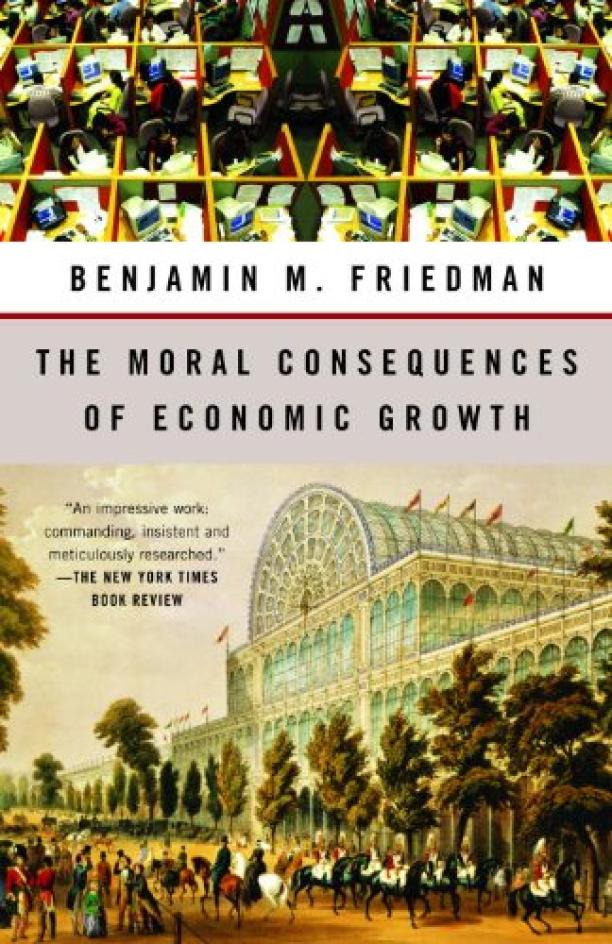Summary:
The book argues that economic growth is essential for fostering greater opportunity, tolerance, and democracy, positing that stagnation leads to societal regression and inequality. It emphasizes the importance of growth not just for material prosperity but also for moral progress and social cohesion.
Key points:
1. Growth and Social Progress: Friedman says growth isn't just about wealth—it also improves education, healthcare, and society's openness. A growing economy can lead to more inclusive and democratic attitudes.
Books similar to "The Moral Consequences of Economic Growth":
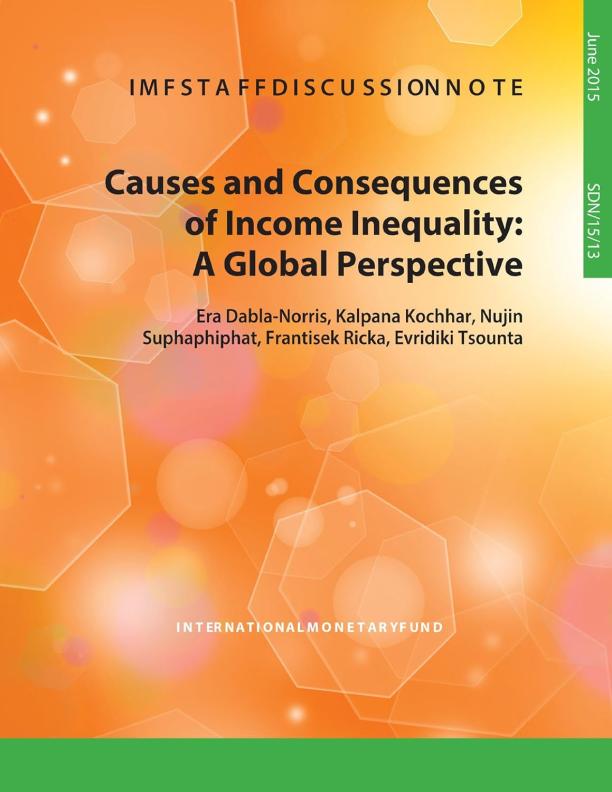
Causes and Consequences of Income Inequality
Era Dabla-Norris|Kalpana Kochhar|Nujin Suphaphiphat
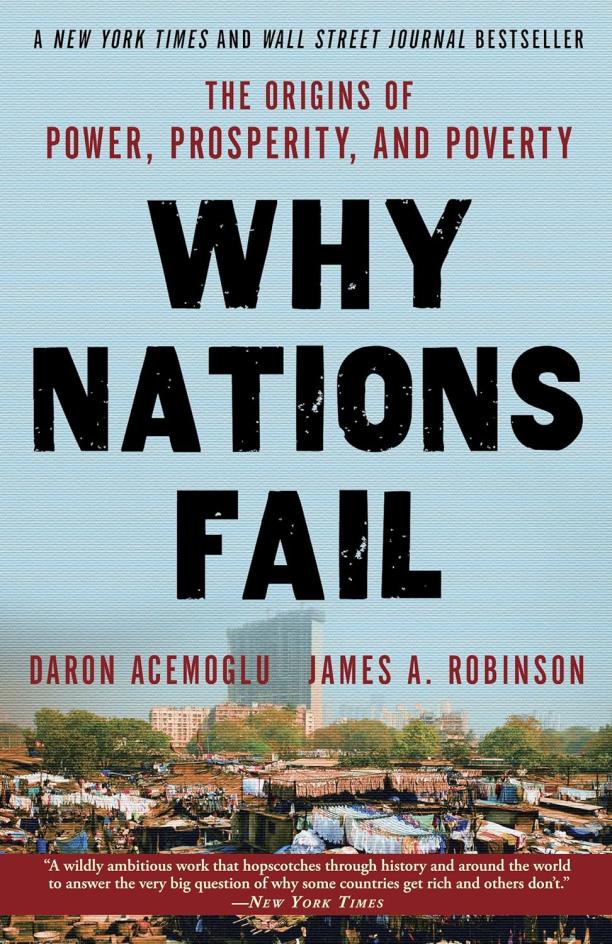
Why Nations Fail
Daron Acemoglu|James A. Robinson

Open
Johan Norberg
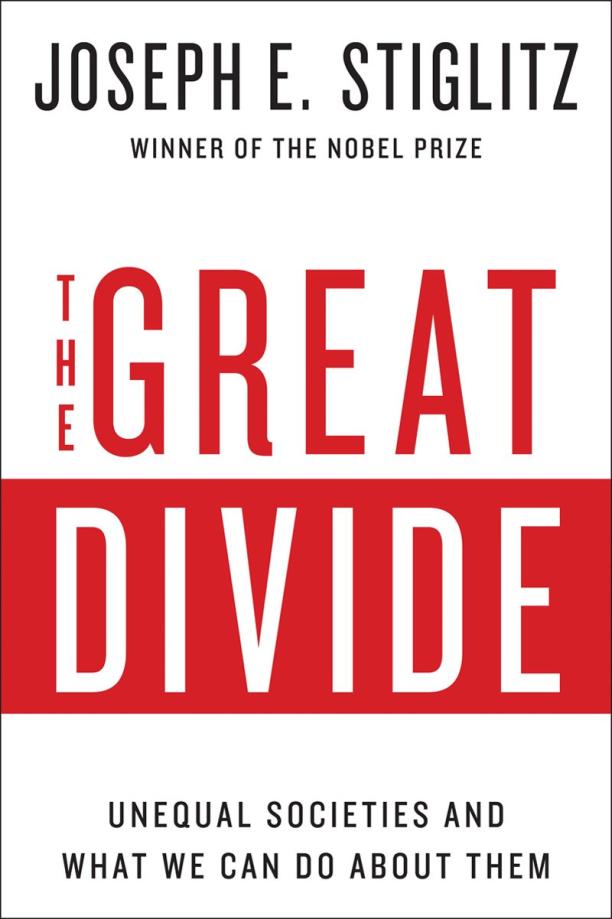
The Great Divide
Joseph E. Stiglitz

Innovation + Equality
Joshua Gans|Andrew Leigh
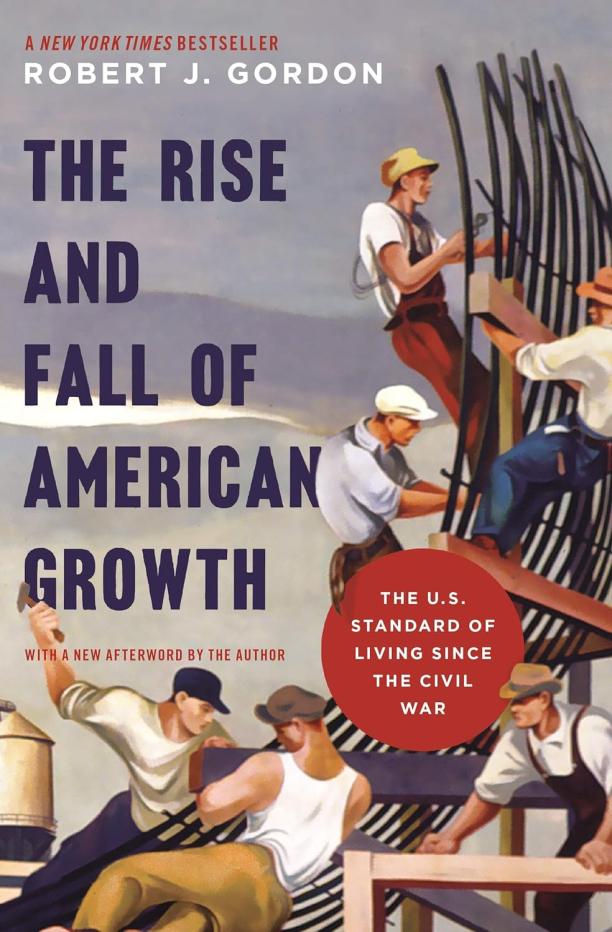
The Rise and Fall of American Growth
Robert J. Gordon
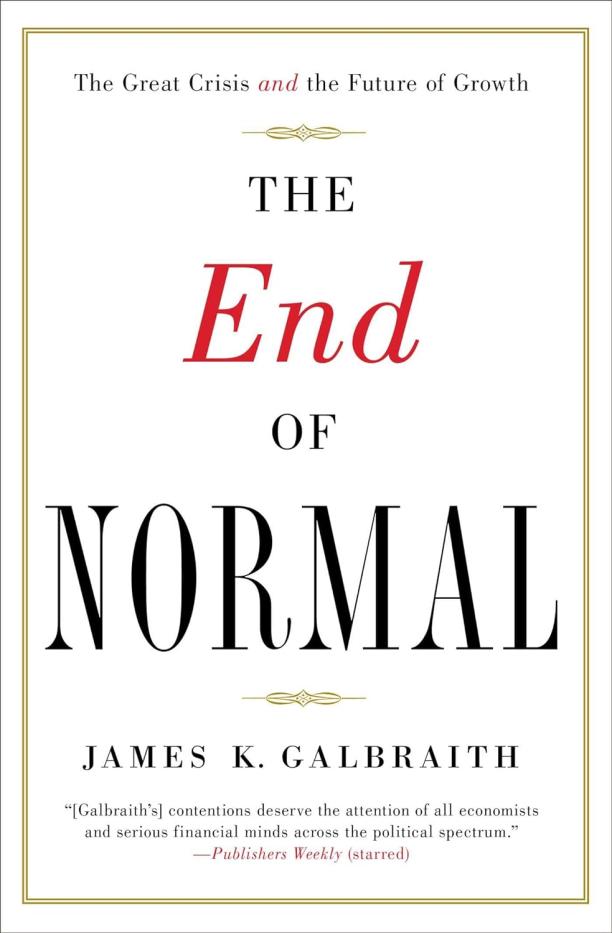
The End of Normal
James K. Galbraith
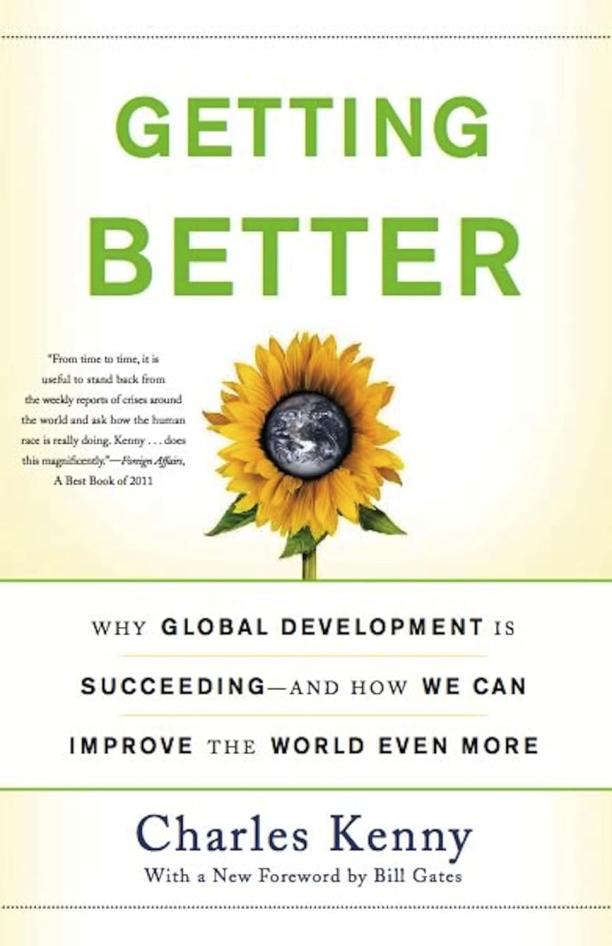
Getting Better
Charles Kenny
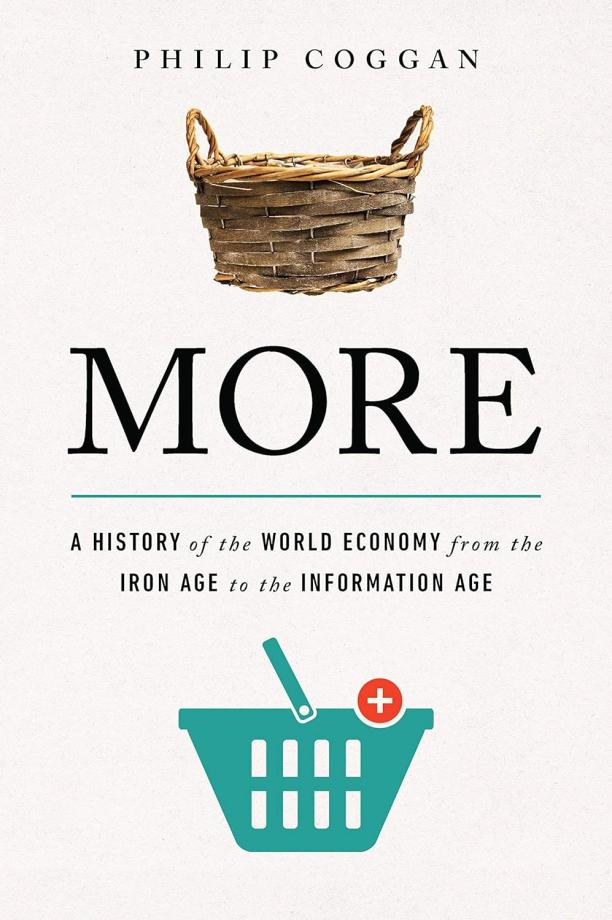
More
Philip Coggan
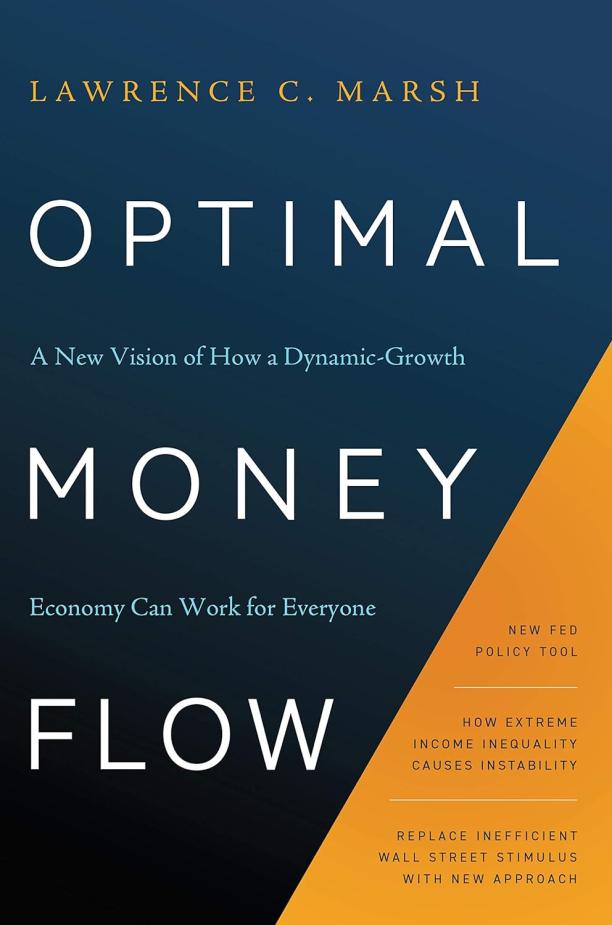
Optimal Money Flow
Lawrence C. Marsh
